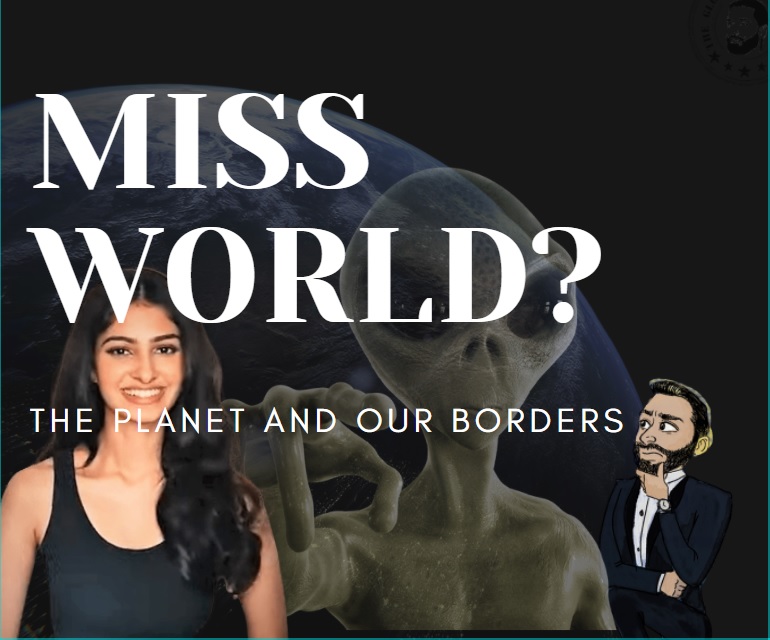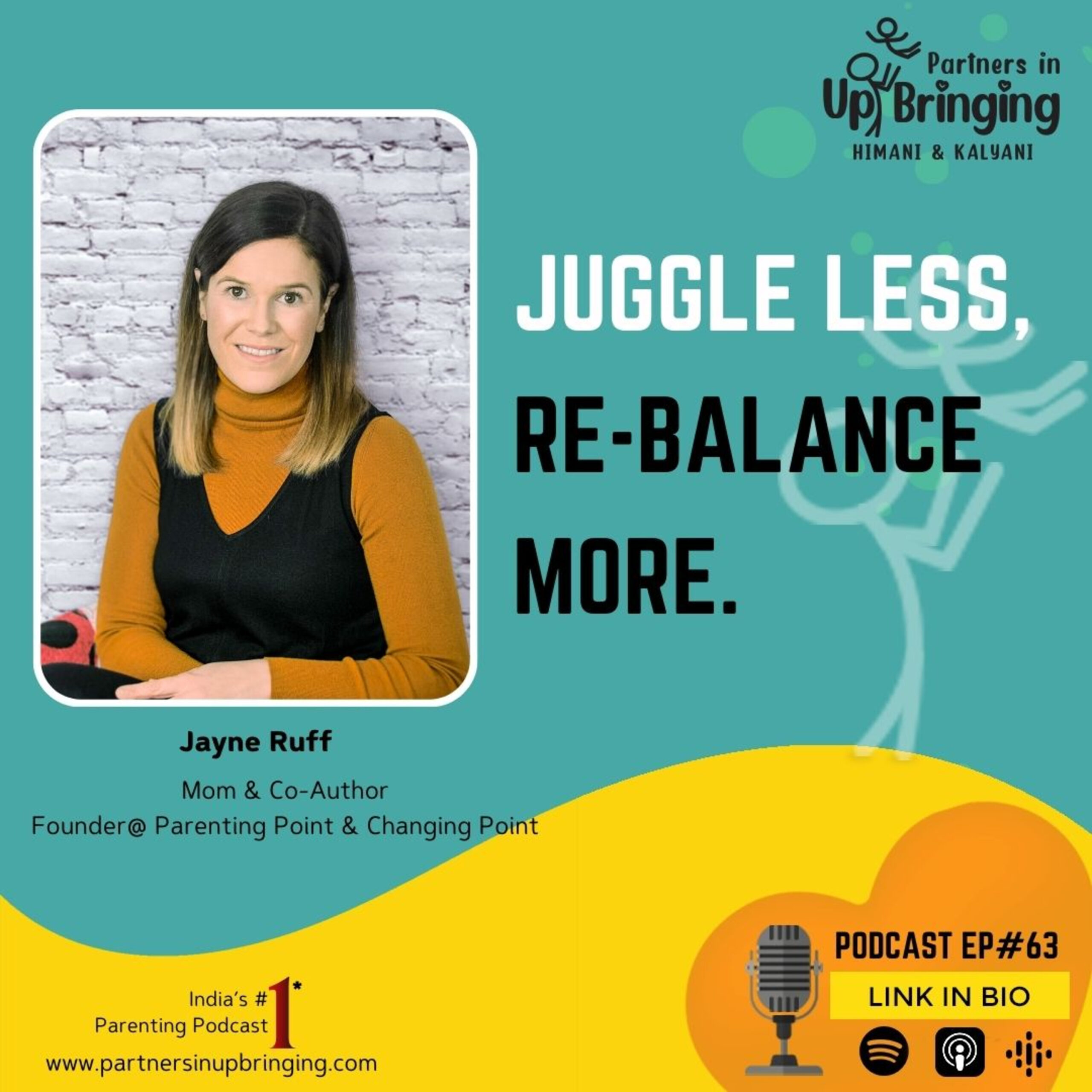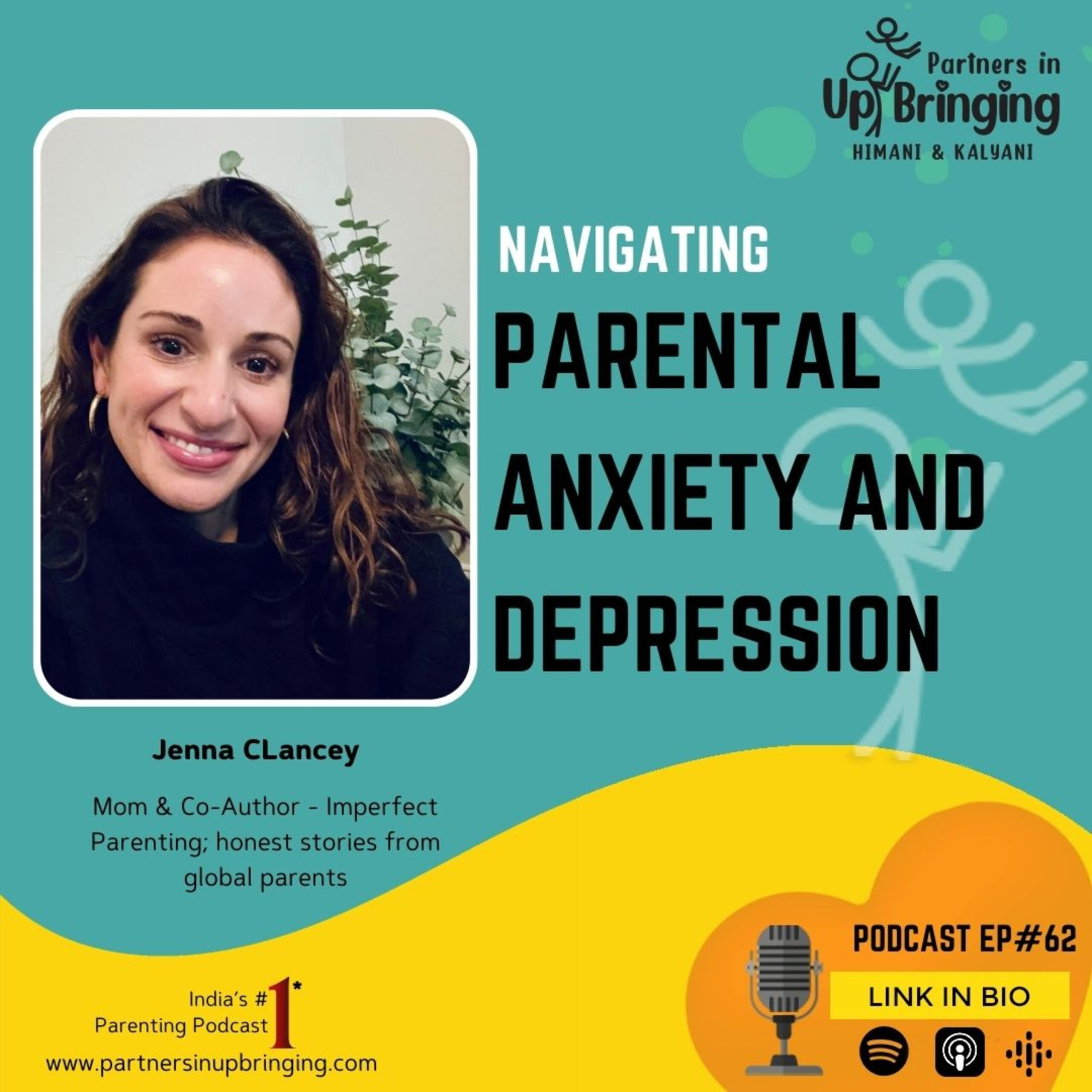When the 21-year-old Harnaaz Sandhu from the Punjab was crowned Miss Universe, India rejoiced. And why not? When she did her cat impression, they laughed. When she said: “Never compromise on your hobby because that could lead to your dream career” they nodded sagely.
There she was with her sash emblazoned with ‘Miss India’ -a vision of loveliness, a latter day Helen of Troy. In the famous words of Christopher Marlowe:
“Was this the face that launch'd a thousand ships,
And burnt the topless towers of Ilium?”
Now is not the time to go into the rights and wrongs of, Miss Universe, whether it is a good thing or bad, whether it belittles women or- (o use those unfortunate and much used word) empowers them.
Countries-A Convenient Fiction?
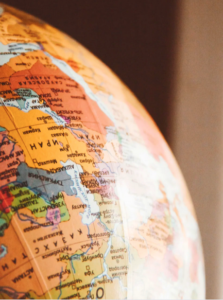
Instead, we propose to use Miss Universe as a point of departure for a discussion of the very idea of countries, an idea many of us many of us take for granted.
It is worth pausing to ask: What is a country? How did they come about?
There are some 7.9 billion people on earth, there are 1.38 billion people in India alone and there are 195 countries.
Some of these countries have been defined by geography or some are mere lines drawn on maps. Remember: “The map is not the territory.”
A border is a real or artificial line that separates geographic areas. Borders are political boundaries. They separate countries.
Many countries in Africa have straight lines because they were quite literally drawn with a ruler and a pencil in the Scramble for Africa in the 19th C.
There is a sense in which all countries (or perhaps more accurately sovereign states) are works of fiction. You could say they were consensual hallucinations-‘consensual’ because we all tacitly agree that they exist and ‘hallucinations’ because, philosophically speaking, they do not exist. They are man-made. They are, in short, ideas.
It was at The Peace of Westphalia of 1648 (which brought the Thirty Years’ War to an end) that the idea of the nation-state was born. Henceforth borders were regarded as inviolable and that for another nation-state to interfere in the affairs of other nation-states would be an act of war.
Out of Africa
We humans all have a common origin. We are all Africans. Does it follow then that the concept of race is a fallacy? We all stem from the same original human group. This means that the concept of different ‘races’ is a fallacy, does it not? The genetic differences from a Nigerian and a Frenchman are infinitesimally small. Both belong to the same species, which came out of Africa and settled on every continent on earth except Antarctica.
What of the idea of ‘Nationality?” Is it a consensual illusion or does it really exist?
India
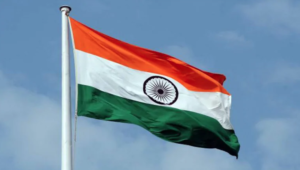
Take India. Before partition she stretched from the Indus to the Ganges Delta. Then it was chopped up into countries-India and Pakistan. Three, if one counts East Bengal, which later would become Bangladesh. The Punjab was divided into East Punjab and West Punjab. Sikhs went East to India, and Muslims went West. Many travelled on foot, some on bullocks, the lucky ones on trains. A million or people were slaughtered in some of the bloodiest religious riots the 20th c saw.
When did Punjab become split into two separate identities? Did it only take a stroke of a pen for kinship to fade? Technically, it was on 14th August 1947. One wonders how many were forced into national agendas on the premise of safety and not on the suspicion of identity politics.
Famously, Count Metternich, Europe's leading statesman after the fall of Napoleon 1 described Italy ‘as a geographical expression.’’ It was not a nation until unification in 1871.
India may look like one country, but in truth it is many countries and paradoxically none.
What is that binds a Punjabi farmer to a Goan Merchant? Not language. Konkani is the language of Goa, and Punjabi that of the Punjab. To communicate the two would have to use Hindi, the Lingua Franca of India. It’s not religion. Most Punjabis are Sikhs, most Goans are Hindu and a large number are Christian owing to the influence of Portugal.
And lest we forget, it was under Portuguese sway for four and a half centuries. Today many Goans bear Portuguese names and the Portuguese had a profound influence upon both architecture and cuisine.
And yet, despite their differences (of culture, faith, geography, race and history) our fictional Sikh and Goan are both Indians. They are countrymen.
England is 1, 094 Years Old
Or take England. Before the Saxon invasions of the 5th Century there was no such thing as ‘England.’ Alfred the Great ruled, not over England, but over the Kingdom of Wessex.
It was his grandson, Æthelstan, who was the first true King of England. He reigned from 927 to 939. That means England, at the time of writing, is 1, 094 years old. As for Great Britain, it only came into existence with the Act of union in 1707.
From Families to Countries
One could argue that the family is the country writ small. A family is usually united by blood, by tradition and by history. By this logic, then, a tribe a family writ large. The ties of blood may not be quite as close, but nevertheless the members of the tribe regard each other as kin. What is more, they share a common purpose (i.e. to survive and prosper) they will probably share the same religious beliefs and have the same enemies.
In time, after the invention of farming, a tribe would have to make a choice: remain nomads or become tillers of the soil. The latter may require a permanent dwelling place. Growing crops and animal husbandry require a good deal of organisation. There now come s appoint when we see a division of labour. A caste system becomes necessary as society becomes more complex. Before long, villages turn into town and towns into cities and in some cases many centuries hence, they become countries.
The Rise of the City State; From Athens to Mohenjo-Daro
Before the country, we had the city-state. Think of Athens, Sparta, Babylon, Ur and Mohenjo-Daro in North West Pakistan. But Pericles would not have considered Athens a country (though, he would have regarded himself a Greek).
Nationalism
In the late 18th C nationalism arose in Europe and the American colonies as force for liberty, equality and fraternity. But it soon turned ugly in the 19th century and with it came militarism, oppression and racism.
In the 20th century nationalism freed some, but enslaved many. Hitler capitalised on extreme German nationalist sentiment to seize power in 1933. Only the combined forces of the Allies were able to stop him turning the world into the German Empire.
Terror Managementt Theory
Many studies show that when people feel worried and anxious, they are apt to become more nationalistic. In other words, bad times make us feel less like one big family. Think of the Partition of India. 50 shades of brown soon became ‘Us’ and ‘Them.’
Psychologists have a theory to explain this: Terror management Theory. It states that most people fear death and that they find ways in which to lessen those fears and boost self-esteem-all in an effect to avoid thinking about their mortality. Being part of a culture or a country gives them a sense of belonging and a common purpose.
Two Thought Experiments
If I drew a circle around a rock and then said everything within that circle belonged to the big rock and should consider itself different from everything outside the circle, this would seem manifestly arbitrary. Yet there is a sense in which we humans have done just that with countries, nation-states and indeed the very concept of nationality.
One Country
Suppose the world we were one country.
Suppose instead of India, Britain, Bolivia and Italy, we all belonged to one country with one government, one head of state and one legal system. Such an entity would render the concept of the foreigner redundant. There would be no immigration, since there would be no other countries to which to emigrate. We could not go to war against another country since there would no other countries against to wage it? My guess is it wouldn’t work. Nationalism sentiment would create centrifugal forces which would pull it apart. Blood, culture and history would trump everything.
Be that as it may, do we need to think beyond borders? Miss Universe, Harnaaz Sandhu, no doubt wishes for world peace, but can this ever come about in a world where race and geography are considered so important? The very premise of countries competing for a title to reign supreme – suggests world peace ( or a world where boders are less important) is perhaps a convenient illusion
-------------------------------

